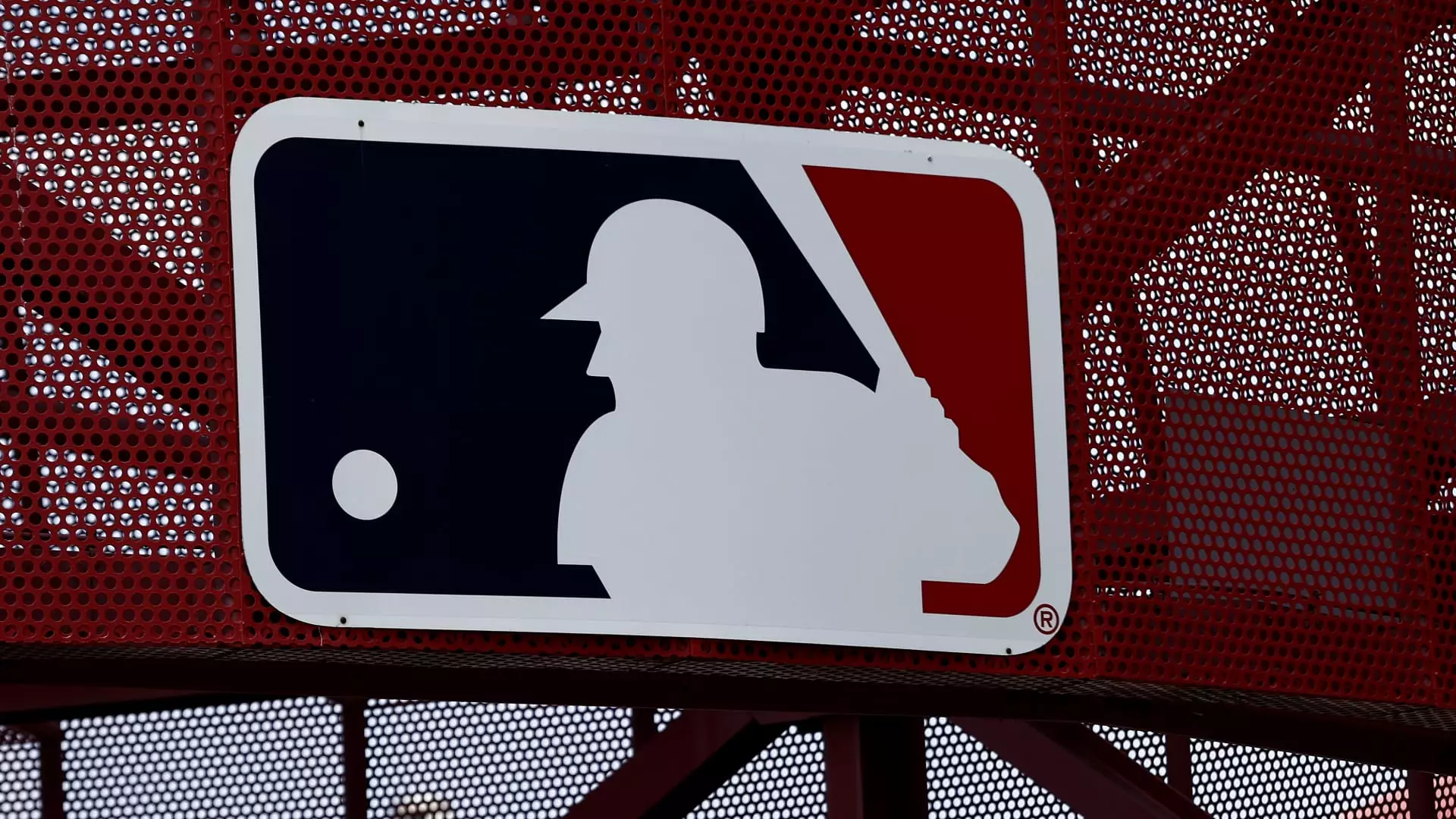The ongoing saga surrounding Diamond Sports Group, the largest owner of regional sports networks in the United States, underscores the complexities of the sports broadcasting industry, especially during bankruptcy proceedings. The recent objections raised by Major League Baseball (MLB) and the Atlanta Braves highlight serious concerns regarding the viability of Diamond’s reorganization plan, indicating deeper issues that could ripple throughout the sports media landscape.
In a court filing made public on a Friday, both the MLB and the Atlanta Braves articulated their apprehensions regarding the future of Diamond Sports Group. The duo expressed “grave concerns” about the proposed reorganization plan, suggesting a high possibility that Diamond could find itself facing financial challenges once more. Such sentiments reflect not only the precarious situation of Diamond but also the broader implications for MLB teams that rely on regional broadcasts for revenue, fan engagement, and overall branding.
The objections were particularly striking as they highlighted a lack of transparency surrounding the proposed restructuring efforts. MLB and the Braves are not merely passive observers; their interests are deeply intertwined with Diamond’s success. The Atlanta Braves have a significant stake in maintaining a functioning relationship with Diamond, given the critical role that regional sports networks play in broadcasting games and securing advertising partnerships.
One of the pivotal issues raised in the objections revolves around the limitations imposed by confidentiality agreements with Diamond’s distribution partners, which restrict the amount of information Diamond can disclose. This opaque approach to handling finances and restructuring has left the league and the Braves with more questions than answers. The reorganization plan involves a complicated compilation of documents, spanning 181 pages across 20 distinct files, which further complicates any attempt for the stakeholders to comprehend the overall strategy.
Such issues underline the challenges that entities face in the era of complex financing and media partnerships. As the industry continues to evolve, the push for more detailed and accessible financial information becomes increasingly crucial for stakeholders who require clarity to navigate uncertain waters.
The apprehension felt by MLB and the Braves extends beyond mere financial concerns. They are also eyeing Diamond Sports’ direct-to-consumer (DTC) strategy, which has gained newfound significance in light of dwindling traditional cable subscriptions. Consumers are increasingly moving away from cable bundles, placing renewed emphasis on DTC options. However, the uncertainty surrounding how Diamond plans to implement this strategy raises further alarm over the sustainability of its business model.
As the traditional sports media landscape shifts, it becomes crucial for organizations like Diamond to adapt effectively. The ongoing negotiations with Amazon, another centerpiece of Diamond’s strategy, remain notably unclear, accentuating the necessity for transparency in dealings that may dictate the trajectory of regional sports broadcasting.
The objections now tabled are not the MLB’s first entreaty for clarity regarding Diamond’s financial configurations. In October, a legal representative for MLB expressed eagerness for insights on the language used in a newly formed naming rights deal between Diamond and FanDuel—a partnership that is vital to Diamond’s operational strategy. These instances indicate a broader pattern of mistrust and concern stemming from the constant changes afoot within regional sports networks.
The historical context surrounding the Braves is also noteworthy. After being spun off from John Malone’s Liberty Media in 2023, the Braves now operate under the publicly traded Atlanta Braves Holdings. With Malone still retaining an interest as a shareholder, the dynamics of ownership and influence in the broadcasting space become even more convoluted.
Implications for Teams and the Market
The implications of Diamond Sports Group’s restructuring and the resulting objections reverberate beyond the Braves. Recently, teams like the Cincinnati Reds have announced their exit from Diamond’s regional sports networks, prompting others to seek MLB’s assistance for broadcasting arrangements. This trend not only threatens Diamond’s immediate stability but also raises questions about the future of regional sports broadcasts as more teams reconsider their affiliations.
As discussions continue and Diamond tracks toward a U.S. bankruptcy judge’s approval of its reorganization plan, the unease amongst stakeholders serves as a reminder of the precarious state of sports broadcasting in America. The success or failure of Diamond Sports Group could fundamentally reshape the approaches teams take regarding media rights and partnerships moving forward. In an era characterized by rapid changes in viewer habits and media consumption, the outcomes of these proceedings could set overarching precedents for the industry.

